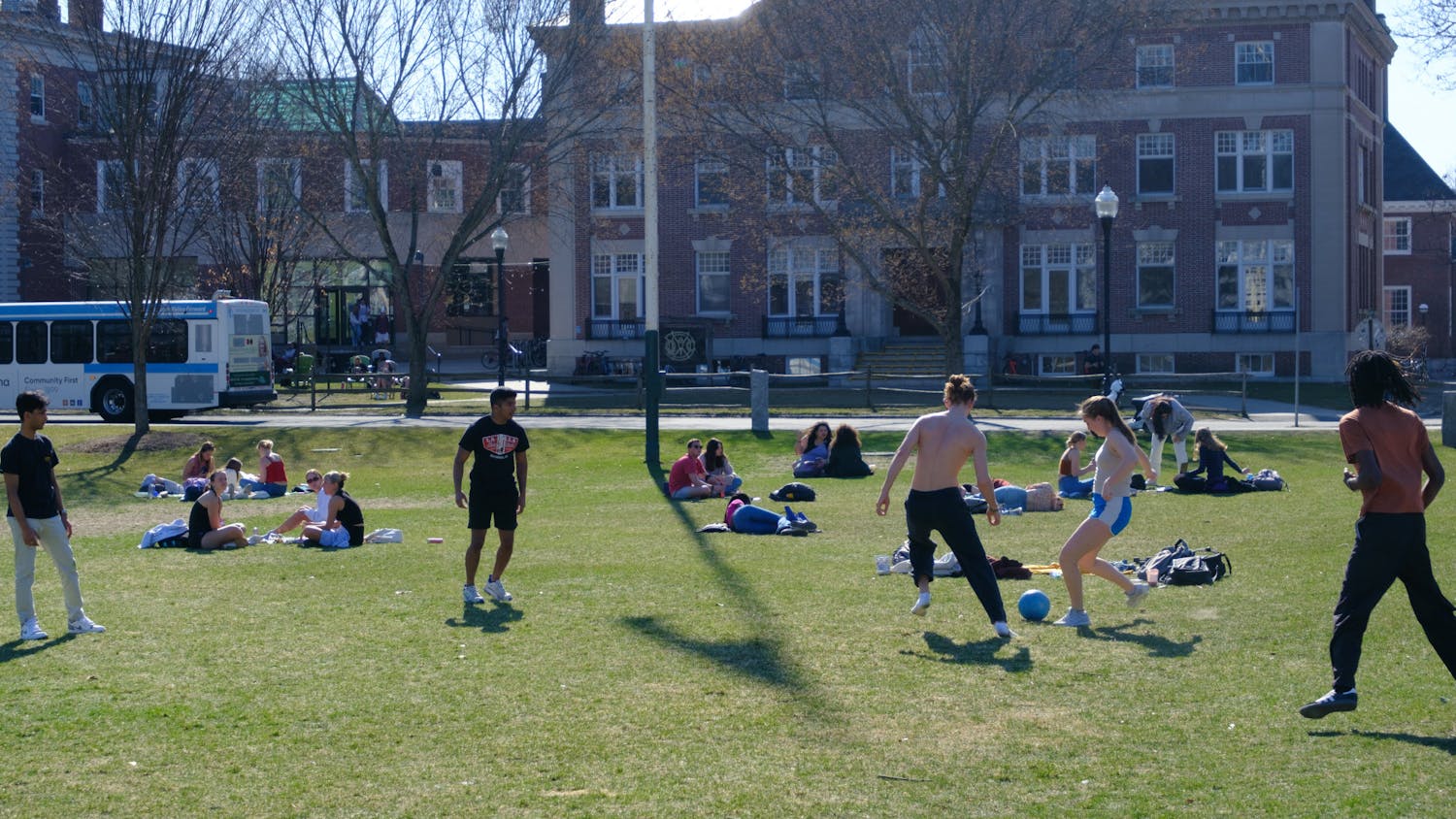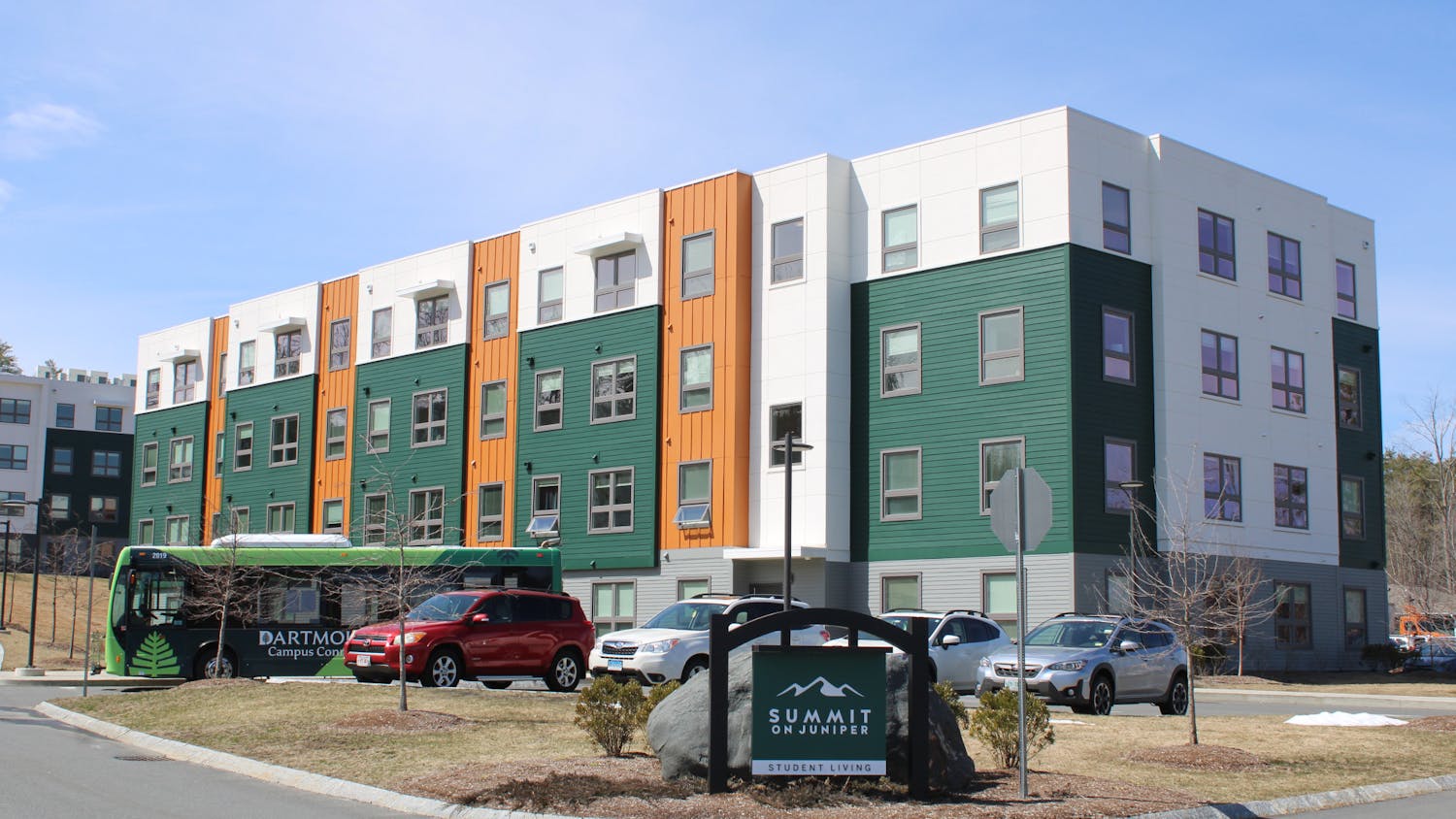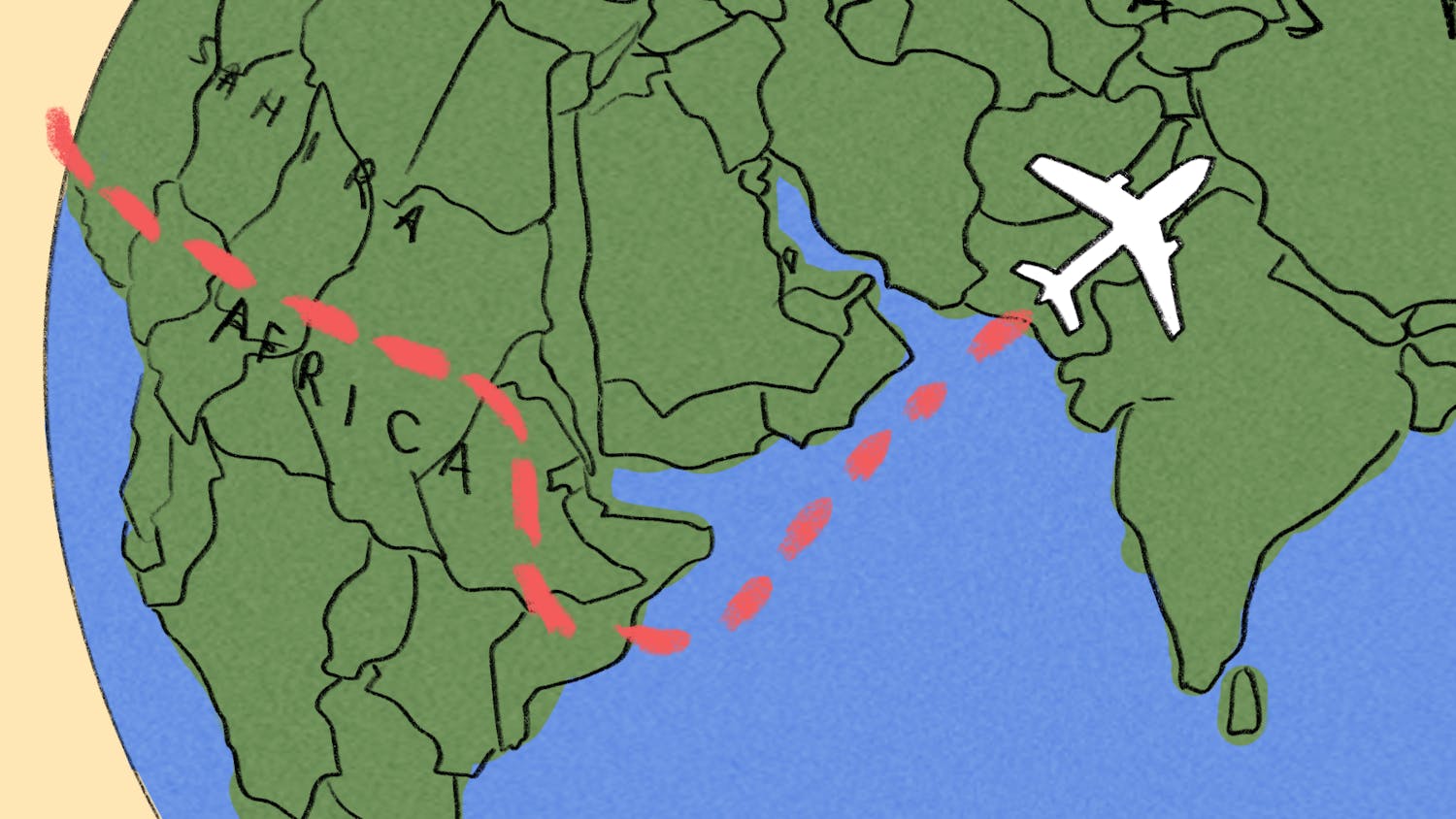It was my last night in Paris. I wanted to stay out all night, walking the streets I’d learned, trusting the kindness I’d found, refusing the morning’s impending arrival.
That day, I’d gone to see the catacombs. Stood in line, in a drizzle, for an hour and a half for the privilege of walking through an underground burrow of disinterred bodies. Lining the walls, several feet thick: stacked, bare bones, the skulls turned to face out and arranged into rows, columns, the shape of a crucifix, of a heart. Chins resting on the ends of the wrong femurs, the knobs of the wrong wrists. Hadn’t bothered me. For the most part, these people had lived normal lives, had normal deaths, long enough ago. It was a tomb, but not a mass grave — not the product of a war, a plague, a massacre. Placards on the wall neglected the human history, described instead the strata of rock we’d descended into, the bed of an ancient sea.
At 8 p.m. that night, I was at the bottom edge of the 10th Arrondissement. I’d gone there for Thai, changed my mind. French in France. At the bar, I spent some minutes speaking to a family, watching the France versus Germany soccer match. The son was nine, and looped his small dog’s leash around his wrist while drinking soda. We crouched on the floor together with the dog, and he practiced his English.
Around 9 p.m. I started a meandering walk south. I called my mother, whom I hadn’t spoken to since I’d arrived in Paris a week before. In a paved square, I sat against a post and watched the street, Rue de Rivoli early on a Friday night: the road all movement by foot and car and motorcycle, with yellow oases of warmth and stillness on the open porches. After a while, I recognized a restaurant I’d eaten in before. Went in.
Not long after ordering, I heard phones begin to go off. Not just texts, but calls. One man had taken a table for four to himself, laid out papers and his laptop. I watched him speak, with his phone held up in front of him, raising his eyes from it to the waitress and back. Her arms were crossed and neither smiled. Somewhere in the room I heard the word shooting, around the same time a friend first texted me, “Hey / Are you OK?” I asked the waitress when she went by me, “Has there been a shooting?” She told me, “More than one.” Then, that no one should leave. They hadn’t caught the gunmen yet. Not far from here.
In the next hour, in no order I can reconstruct:
Streams of police vehicles, sometimes as many as seven in a row, headed west.
I texted my Dublin FSP advisor, Jeff Sharlet, who I knew was supposed to be in the city at some point too. “Hey. You OK? I’m OK.” Easier to be brave for someone else. He insisted on walking out to me, making sure I made it home all right. He was a mile away.
Four white vans, which I first took to be ambulances, but by their blue lights recognized as police, gathered across the street in the square I’d sat in. Armed officers in black piled out.
A couple stood at the edge of the sidewalk and kissed. At first I thought they had to be ignorant of the situation, but how could they be? The man clutched the woman to his chest after and fanned his back out to the street, as if to shield her.
“100 hostages?!,” someone texted me. Restaurants shot up. Gunfire on the streets. A theater. A concert. Bombs at the soccer stadium. Somewhere, somewhere all around me. I remembered the game on the screen, the boy who’d knocked a pitcher of wine off the bar, the manager who’d laughed. Not there, I prayed.
Another couple came off the street and asked if they could hide out here a little while. Permitted, they still lingered by the open doorway, staring out. I joined them, introduced myself. The woman was from Dallas, Texas, the man Wales. We stood together silently, unable to say anything more.
I received a text: “Are you near the back?” I thought, “Not here.”
But I returned to my seat, not in the back, to my cold, half-eaten crepe, beside a long stretch of window and glass. Practical advice. Maybe even urgent, not that I knew. So much I didn’t know. Are you near the back? I caught myself shaking for the first time.
When other patrons started to leave, I appealed to the staff. Let me stay. Someone’s coming for me. I don’t want to go out into this alone.
They drew down iron shutters, shut off all lights but a few incandescent bulbs behind the bar. The manager pulled down a projector, turned on the French news. The shutters didn’t go lower than my knee. Through them, the lights of the passing sirens leaked and colored the room amber orange and blue. Hollande declared a state of emergency. The manager offered me a drink.
Jeff came, with his friend, the photographer Tanja Hollander, walking down streets of darkened fronts with the sirens still blowing by to the west. Now the square was empty at least. His Airbnb flat was closer than my hostel, only a mile away, so he started to route us there on his phone.
We’d gone to the corner, maybe a hundred feet away, when a young man with a dark beard and nose ring came towards us, got so close that I backed away. “Are you French?” he wanted to know. Jeff answered. The man gestured west, the way we were walking, “Not that way. Seven men with—” His hands, clenched round, one wrist turned up and the other down, hefted in unison. Gripping an invisible assault rifle.
Not that way.
How many times this week had I walked that way? I knew the glittering McDonald’s with silvery tinsel bursting from it. I knew the shop that sold cigarettes, TABAC lit up in a red diamond above. The huge, five story department store, whose patrons left with bright orange bags. The red-tented café on the corner opposite a metro entrance a few blocks away, where I should’ve been able to board the line and go home.
Seven men with—
That’s how it happened. Paris disappeared from my mind. I’d spent the week walking it, learning it, and now it was gone, dark, sheltering only the sporadic light at the end of a firing barrel, the casual violence of a drive-by, windows shattering from a blast.
Sirens poured past again.
We’ll walk side streets, Tanja suggested. Started by going north. We didn’t make it far. We saw a bar a still open, the lights dim but cold, and ducked in. We’d make some calls. Jeff would, anyway. Find somewhere to stay. Someone to get us? The city was under curfew, and we’d been told two hundred soldiers on a manhunt stood between us and the inside of a locked door. The attacks, first four, now we were hearing six, circumscribed our location.
We picked a table in the corner, square with another screen broadcasting the French news. We were up against a window into the sidewalk, the parked tops of bikes, the road. Within a few minutes of sitting there, I saw a man freeze right up against the glass, his face a pantomime of shock: eyes wide and glossy, mouth open, arms hanging limp from tense shoulders. He stared. I had time to stare at him. I looked back to the screen, the Bataclan, hostages, and back to him, as he had been still, his gaze not having moved. I turned and never saw him break away.
Tanja and Jeff had an exchange. He told her we were fine. Everything was OK. She said, “No. No, everything’s not OK.” He said, “We will be OK.” She said, “We don’t know that.”
I agreed with him. I felt it then, too. We were doing everything we should and that was all we could.
While he was on the phone, she turned to me, she asked me, “If someone comes in here with a gun, what do you do? If there’s a fire, you stop, drop and roll. If there’s an earthquake, you get in a doorway. But what do you do?”
And I told her, and she thought I was joking, I told her what I thought, what I’d heard, maybe only in the movies, maybe some bull that had been made up: “Hide beneath another body.”
Made her laugh, at least, even in horror. And that’s good. Because we were OK. We didn’t have to find out.
It took hours more, following developments through messages from home, taking calls, making calls, watching the French headlines and obsessing over the meaning of individual words. Hearing about #PorteOuverte, heading to Twitter immediately in hopes of finding some apartment nearby with its door open, instead seeing only a long line of delocalized jerks using the hashtag to praise its humanitarian sentiment. By around three in the morning, on this narrow side street, I’d seen a cab roll by, unoccupied but with its sign turned red. Went outside and saw another pick up a pair of young women at the other end of a block, where it met a busy road. We tried to get a cab, failed, started walking, stole a cab by accident from a group of young women who ignored our requests for them to pile in with us, and drove away.
They tried to write. She did write, but deleted it. We ate frozen pizza and we drank. He tried to make me write and I said I couldn’t. I told him, and now the words are hazy, I thought I hadn’t felt enough. Sadness, fear.
Terror-ism. Who deserves to be afraid? Did I deserve to be afraid? Do I still? Who gets to mourn? That’s what Jeff said we were doing, sitting up that night until five in the morning. Is this mourning? No one cried.
I woke up only three hours later and didn’t know what to do with myself. I sat on the floor in the kitchen for a while and read the few Reuters stories. Reread them.
All night, I had refused to let myself think ISIS. I crept out of the kitchen and sat on the floor of the bathroom by the tub, not moving, not thinking. I put on street clothes and shoes and grabbed a pillow and curled up by the door. I typed on my phone, some of this actually. Sirens went by, maybe as often as every 10 minutes.
Later in the day, we went to the Bataclan. Two ends of the street were barricaded and guarded. At the first we visited, the theater couldn’t be seen. Two officers stood guarding an opening in the metal barriers. News vans were backed up all around, and people funneled up to the officers, formed a hemisphere around them. At one point, the two parted to let an escorted man and woman out. He was in a jean jacket, his eyes screwed up and his mouth slotted open. Crying. Tanja took a picture of him but couldn’t bring herself to publish it. Jeff wondered if he had identified a body within. CNN, reporting from somewhere near us, said they were still bringing out the bodies. Those were the sirens.
We walked along a fence towards the other end. Leaning against the iron spikes, holding their hands over the top of the bushes, many photographed the Bataclan, neon sign still lit, a black bus — Jeff thinks the tour bus — still parked obscuring most of its front. Two men I watched later climb a closed stand to get a better angle, until the police ordered them down.
At the other end was a still small memorial: a gathering of posters, flowers, candles against the fence, protected by a cordon of red and white tape. “Vive La France,” written in black sharpie on white paper. A woman in a blue jacket taped “Les Voleurs de Vie Les Français Les Combattent Sâchez-le Terroristes” to the fence. A book, nestled in among the candles, “Le Spleen de Paris” by Charles Baudelaire. A little girl wove through the crowd on a scooter, following her mother. She had a white, puffy jacket. She walked under the tape, barely ducking, with a bouquet wrapped in tissue and planted it at the memorial. She knelt there, facing her mother, and performed the sign of the cross.
It was cold and drizzling and gray.
I watched the faces that walked up. Some were there just to see, others to photograph, others to add to the memorial. Of them, I saw none actively crying. Many eyes were red though, glassy. I couldn’t help staring at them. I berated myself. For the fear I still carried, for the tears I hadn’t cried.
I berated myself because I hadn’t been there, all those many theres. I was near but not there. I can’t pretend. I got away without it ever feeling real, right? I walked away. And how can it not be real to me but be so close and the fear so my own? Will I live through this night? Can I think of anyone beside myself?
Can I stop thinking about all those bodies, still in the Bataclan while I stood before it, shipped away with every whine of the siren? There goes another.
At last, crying without knowing why. In my taxi that night to the bus. On the bus. On my flight, during takeoff, when the cabin lights were dimmed. I am nauseous and I am angry. I don’t deserve to speak for the people who lost. I don’t deserve to speak for the survivors, or the victims. I can’t speak for Beirut, I can’t speak for Syria, living under the Islamic State, blasted by our bombs. I can only speak for the terror in Paris I felt that night. I can speak as one of the many in the in-between, traversing a landscape of uncertainty and nightmare: the impact-zone that can swallow a city, infect whole countries, be misdirected into new violence and new anger.
Reaction: despair.
Reaction: paranoia.
Reaction: revenge.
The mindset desired and designed by acts of terrorism.
Sit near the back. Hide beneath another body. Grandstand politics because this proves you’re so right. Fear the stranger. Burn the refugee camp. Drop bombs. Turn away, because the only one you can save, even then just maybe, is yourself.



